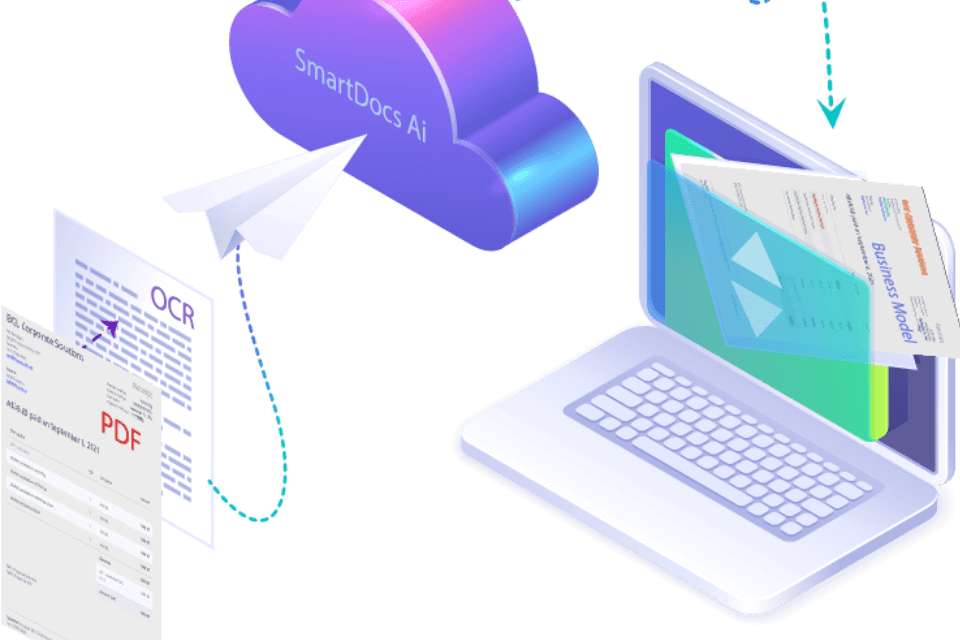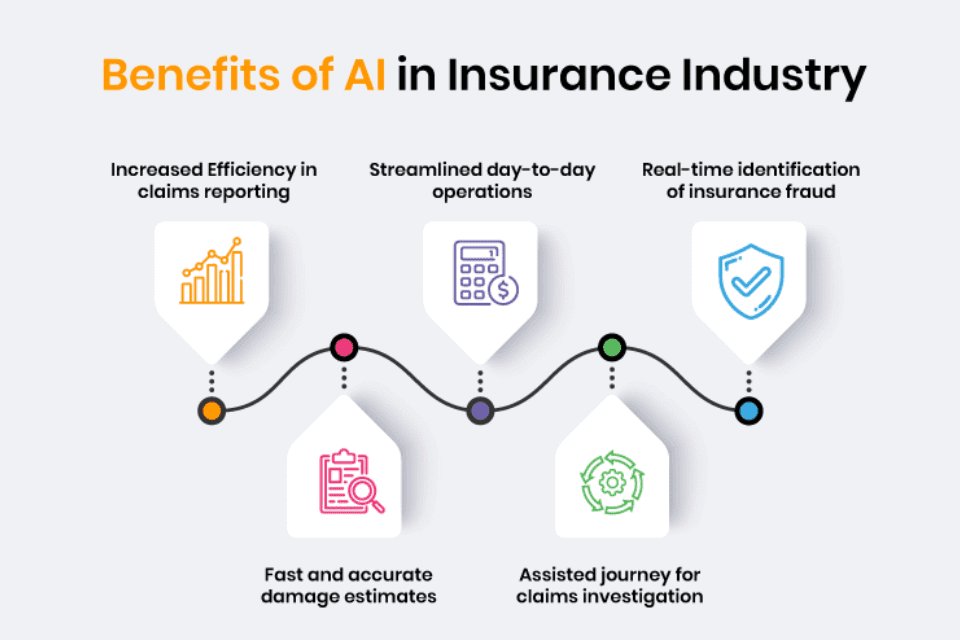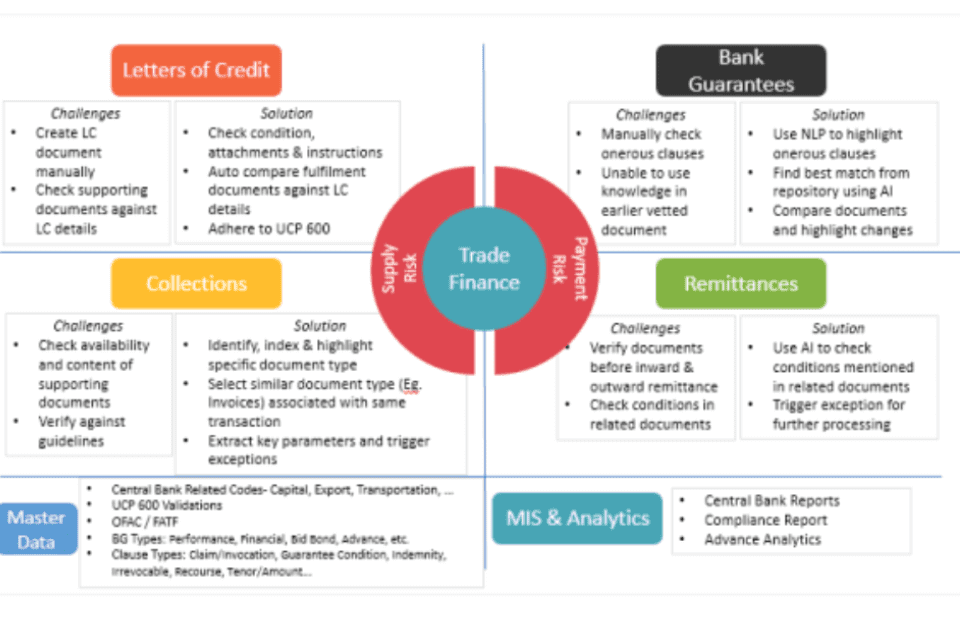Multilingual AI: Bridging The Language Gap In Document Processing
Dharmarajan Sankara Subrahmanian
Forbes Councils Member
Forbes Technology Council
Dec 15, 2023
By Dharmarajan Sankara Subrahmanian, Founder & CEO, Impactsure Technologies.

Efficient information processing is crucial for businesses and organizations in today's globalized world.
Extracting valuable data quickly and accurately from various sources can significantly impact the success of any venture.
However, a persistent issue in intelligent data processing solutions is the ability to process documents in foreign languages effectively.
This leads to delayed processes and complications, affecting business outcomes, especially in regions where English is not the predominant language.
This article will explore the consequences of this language barrier, highlight available solutions and emphasize how multilingual AI-based intelligent data processing can address this issue.
The Problem
Existing intelligent data processing solutions need to process languages adequately.
While English-based smart data processing solutions are available and effective, non-English languages often require more efficient data processing.
This language barrier can be a significant hurdle internationally in regions where languages like Indonesian, Arabic, Mandarin Chinese, Malay, French, German, Spanish, Portuguese and many others are spoken and documents are printed and published.
The Consequences
The consequences of these language processing challenges are manifold. Delayed processes and outcomes can harm businesses and organizations in these regions.
Time is money, and delayed processes can result in substantial financial losses in today's fast-paced world.
Moreover, companies relying on intelligent data processing solutions that cannot process foreign languages may experience a loss in customer experience.
We are living in a hyper-personalised world.
For companies, activities like customer service and response, where prompt and efficient communication is critical, processing foreign languages can lead to a more-than-optimal customer experience.
Not doing so can damage brand reputation and potentially cause customer churn for a global brand.
The Solutions Available
Multilingual AI-based intelligent data processing technologies have emerged as potential solutions in data processing.
These technologies can be trained and customized to effectively process information, forms, notes and other vital data points in the native language.
Businesses can adopt AI-powered solutions to process foreign languages effectively, resulting in more efficient processes and an improved customer experience.
AI-based intelligent data processing solutions can break down the language barrier, enabling businesses to seamlessly process data from various sources regardless of the language used.
This opens up new opportunities for organizations to expand operations and serve a more diverse customer base.
Translation, though a valuable tool for bridging language barriers, often falls short of truly capturing the nuances and subtleties of a native language.
Also, translation takes a lot of time.
An AI system's ability to comprehend and decode information directly in the native language is paramount for accurate and meaningful processing.
AI can neatly decipher the intricacies of culture, context and sentiment, often lost in translation.
To facilitate this level of comprehension, AI-based intelligent data processing systems are extensively trained in the specific native language they are meant to interact within particular domains, functions and expertise.
This complex training involves analyzing thousands of documents written in that language.
By ingesting a vast corpus of text, the AI system can begin to grasp the linguistic patterns, idioms and context essential for accurate understanding and effective communication and processing.
By immersing itself in the native language, the AI system becomes capable of comprehending and responding to queries, commands and conversations with a depth of insight that transcends the limitations of mere translation.
The result is a more efficient, precise and context-aware interaction that enhances the user experience and broadens the horizons of AI's capabilities in multilingual and multicultural settings.
The Benefits
The benefits of adopting AI-based intelligent data processing technologies to bridge the language gap in information processing are substantial.
With the right AI solution in place, processing information from any foreign language can be processed in a few minutes and even in seconds.
This dramatic reduction in processing time can be a game-changer for businesses and organizations that deal with multilingual data sources.
One of the most significant advantages is the system's ability to be trained to adopt any language.
This flexibility is a tremendous asset, allowing businesses to cater to various linguistic demographics without requiring extensive manual intervention.
By adopting AI-based intelligent data processing technologies, organizations can save time and money in potential losses due to inefficient data processing.
Things To Watch Out For
To successfully implement AI-based intelligent data processing technologies and harness their full potential, it's essential to keep several considerations in mind.
- Data Security: Ensuring the security of sensitive information is paramount. Businesses must choose AI solutions with robust security measures to protect data during the processing and storage phases.
- Customization: Customizing the AI solution to specific business needs is crucial. The system should be adapted to handle industry-specific requirements and multilingual capabilities.
- Scalability: Businesses should opt for scalable, flexible and modular AI solutions to meet growing demands. The ability to handle increased data volumes is essential for long-term success.
- Training And Support: Adequate training and support are vital for a seamless transition to AI-based intelligent data processing technologies. Employees need to be comfortable with the new system and should have access to timely support when issues arise.
- Integration: The AI solution should be able to integrate into existing systems and processes to maximize efficiency.
- Regulatory Compliance: Depending on the industry and region of operation, there may be specific regulatory requirements. Ensuring the AI solution complies with all relevant regulations is crucial.
- Ethical AI: While implementing AI is good, it is crucial to maintain ethical practices while developing and implementing such solutions.
The language barrier in information processing is a longstanding problem that has had far-reaching consequences for businesses and organizations operating in regions where English is not prevalent.
However, with the advent of AI-based intelligent data processing technologies, a solution is at hand.
These technologies can improve data processing, saving time, reducing business losses, and enhancing customer experience while opening up new business avenues.
By carefully considering the points outlined above, organizations can successfully bridge the language gap and leverage the power of AI to process information in any language, thereby ensuring a more efficient and prosperous future.
Latest Post

EASILY PROCESS COMPLEX TRADE FINANCE DOCUMENTS USING ARTIFICIAL INTELLIGENCE
December 26, 2022

IMPLEMENTING ROBOTIC PROCESS AUTOMATION FOR LONG-TERM SUCCESS
December 26, 2022

EASILY EXTRACT COMPLEX DATA FROM DOCUMENTS USING
December 26, 2022

THE RISE OF INTELLIGENT DOCUMENT PROCESSING
December 26, 2022

SureMatch
December 26, 2022

SureMatch
December 26, 2022

ARTIFICIAL INTELLIGENCE PLATFORMS WILL DRIVE THE NEXT PHASE OF TRADE FINANCE GROWTH
December 20, 2022

TRANSFORMING THE B2B CUSTOMER EXPERIENCE: AI'S ROLE IN STREAMLINING DOCUMENT PROCESSING
Oct 18, 2023

ESG Data Analytics—Need Of The Hour
DMarch 22, 2023